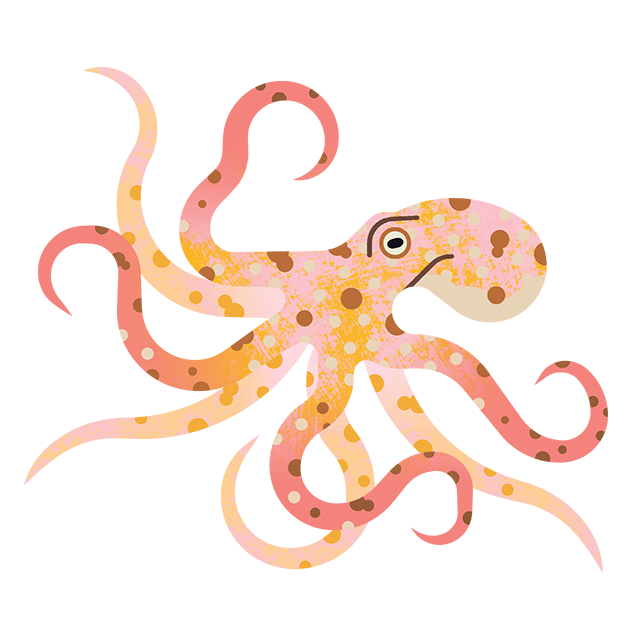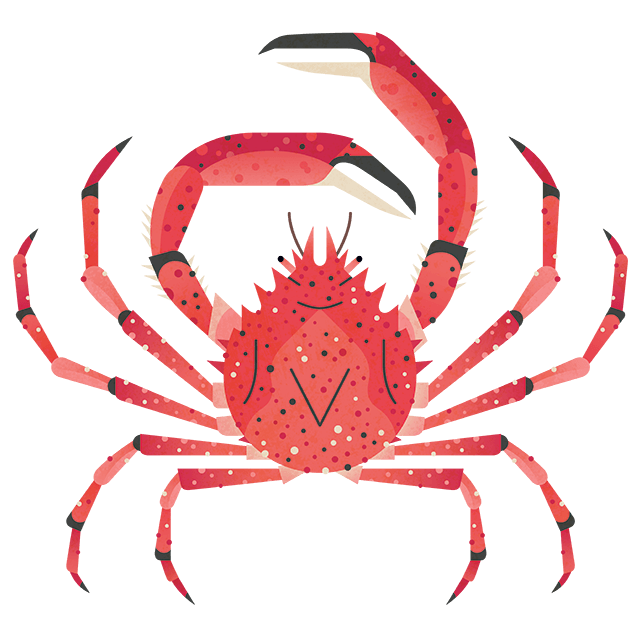
Reintroducing oysters
2 minute read
Native oysters provide a wealth of ecosystem services but have seen a global decline of approximately 85%. We're working to restore and protect oyster reefs as part of projects in the Firth of Forth and Dornoch Firth.
About oysters
Typically, native oysters live for between five to ten years, but can be found to live up to 30 years of age.
Oysters, like many shellfish, get their food and nutrients by filtering it from seawater. Oysters are a type of bivalve, meaning they have two shells, but these aren't identical. One shell is rounded and the other is flat, like a lid.
Why are oysters important?
Oysters have been compared to beavers because – like Europe’s largest native rodents – they are ecosystem engineers. A single oyster can filter 200 litres of water every day, and purifies it by doing so, removing pollutants, chemicals and particulates.
Native oyster larvae prefer to settle on other oyster shells. This creates complex habitats known as biogenic reefs. Biogenic reefs provide habitat for other species, a nursery habitat for juvenile species and could double biodiversity over the course of a decade.
Oysters are a fascinating species with a rich cultural history. There is so much to discover about the species.
Emmy Cooper-Young, Shellfish Restoration Officer
Oysters are also a sustainable food; their production is associated with significantly lower carbon emissions compared to other sources of protein.
Oysters can also be vital blue carbon stores. While carbon is fixed in the shells, shellfish also produce carbon emissions as a result of respiration, and it is not straightforward to establish what exactly is the net quantity stored. One study of oyster farms estimated the amount of carbon sequestered at between 4.39 and 17.94 tonnes of carbon per ha per year.
85
%
global decline in oysters
200
litres
water filtered per day by one oyster
Threats to oysters
In 19th century Britain is has been estimated that 700 million oysters were consumed in London. 120,000 people were employed as oyster dredgers in the whole of the country.
The recovery of oyster beds has been significantly held back by habitat loss, smothering, contamination by synthetic compounds, and the introduction of microbial pathogens and parasites causing disease.
The loss of native oysters has been so severe that natural replenishment of their native grounds is limited and is now unlikely to occur without intervention. There are currently a number of exciting projects attempting to restore native oyster beds in the UK and Ireland as part of the Native Oyster Network, including the Dornoch Environmental Enhancement Project (DEEP).
Conservation and restoration
We’re a proud founding partner of the Dornoch Environmental Enhancement Project, reintroducing native oysters to the Dornoch Firth.
DEEP is an innovative and award-winning environmental project supporting the reintroduction of Native European oysters to the Dornoch Firth after a century’s absence. Native oysters once flourished in the Firth before being wiped out in the 19th century due to overfishing.
In the Firth of Forth, native oyster beds used to cover an area with a combined size of modern Edinburgh, but by the early 1900s, they were all fished out. Partnering with Heriot-Watt University, we’re working to restore native oysters in the area as part of the WWF-led Restoration Forth project.










